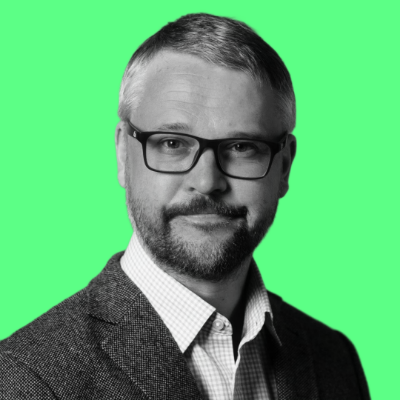About Us
Mantis was founded with the aim of doing interesting and impactful work. As a company we hold a number of beliefs which define our culture and our values.
We believe
If you can’t reproduce it, it didn’t happen. We believe that our work should be easily reproducible. This sounds self evident, but ensuring reproducibility takes planning and discipline. Reproducibility encourages trust in the results, enables better collaboration within a team, and reduces duplication of work.
Open source software and practices have made, among other things, the AI revolution possible. They accelerate progress, and encourage collaboration between people and organisations. We use open source by default, and contribute to the open source community where possible.
AI and NLP are not neutral technologies and the way we choose to use them can bring tremendous positives but can have potential unintended consequences. We review the use of AI on a per project basis to mitigate unintended negative outcomes.
It’s our responsibility to combat climate change to support a more sustainable way of life. Large Generative AI models are causing ever greater environmental impacts. We believe that for many applications smaller, less environmentally impactful models are better from a business point of view, and we advocate for their use.
We want to provide a healthy working environment to everyone at Mantis that balances work and life and prioritises mental wellbeing. We believe flexibility and regular feedback play a crucial role in fostering a comfortable and rewarding working environment.
Leadership Team

Matthew Upson
Matthew Upson, Ph.D. started working on Natural Language Processing (NLP) in 2015 as a data scientist in the UK Government Digital Service, where he developed 'Reproducible Analytical Pipelines' for Official Statistics, an approach which has since been included in Government strategy in 2022. Since then, Matt has held a number of employed and contract roles in start-ups and NGOs, before co-founding Mantis in 2021. Matt is also a founding member of the Royal Statistical Society's Data Science Section and a fellow of the Software Sustainability Institute. His book 'Open Source MLOps', is due be published in 2024.

Nick Sorros
Nick Sorros, a graduate of Imperial College London with a MSc in Computer Science, has been working as a data scientist since 2013. His career has spanned numerous London-based startups, eventually leading him to a leadership role at the Wellcome Trust. Nick shifted his focus from Computer Vision to NLP when he transitioned to industry and has since worked with datasets of varying sizes and complexities. Nick has a particular interest in reproducible, reusable, and open-source code. Outside of work, he volunteers for DataKind UK and often assists with the organization of PyData London.
Senior Advisors

Doug Ayres
Doug Ayres is a strategic business leader and current CEO of EBM, a chatbot technology and services business spun out of Filament Consulting Group. At EBM, Doug oversees the delivery of comprehensive chatbot solutions, incorporating advanced technology and professional services. Doug co-founded Filament Consulting Group in 2016, a software consultancy specializing in machine learning technologies. His earlier ventures include FUSE, a digital agency he co-founded in 2004, which was later sold to IPG in 2011. Doug provides strategic advice to the leadership team.

Danil Mikhailov
Danil Mikhailov, Ph.D. is the Executive Director of data.org where he heads a talented, international team. During his tenure, data.org has launched global data and AI for social impact programs in climate, health, and financial inclusion to build digital public goods, train a new generation of purpose-driven data practitioners, and design sustainable data ecosystems in Latin America, Asia, Africa, Europe, and the US. Through a strong commitment to partnerships, Danil has led collaboration with the G7, G20, the UN, and a network of philanthropic, academic, and private sector partners. Danil strongly believes in the power of interdisciplinarity and, in addition to his tech expertise, he brings a social sciences and humanities perspective to his work.
